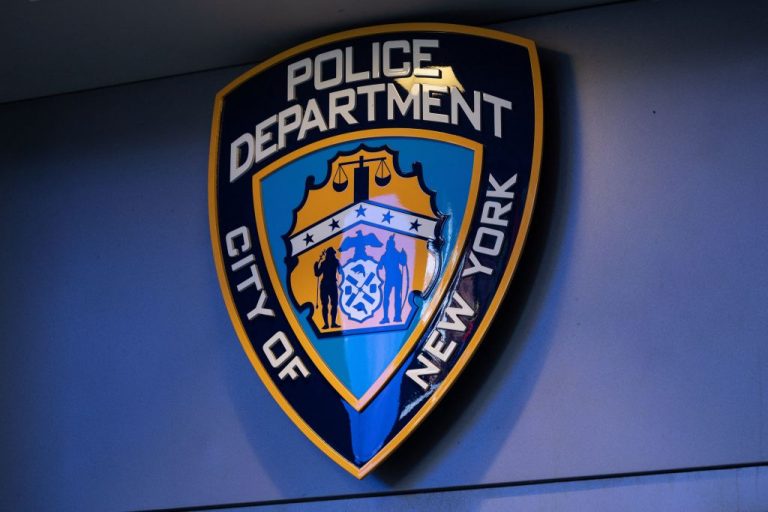The Legal Aid Society in New York City has filed a federal class action lawsuit alleging that the New York Police Department (NYPD) is clandestinely collecting DNA from thousands of New Yorkers and storing it indefinitely in a “rouge” database.
In a lawsuit, filed Monday in a federal court in Manhattan, the Legal Aid Society said that the NYPD routinely offers people who are being questioned about a crime a beverage, a cigarette or chewing gum in order to collect DNA from the items once discarded.
On March 22, in a Facebook post announcing the lawsuit the society wrote, “For decades, the NYPD has used dishonest tactics to obtain New Yorkers’ DNA, including those as young as 11-years-old, by offering bottles of water or cigarettes to our clients detained at local precincts.”
The lawsuit says that the NYPD collects the genetic material and then stores and catalogues it in a “suspect index” then runs people’s DNA profiles through a “genetic lineup that compares the profiles against all past and future crime scene DNA evidence – all without obtaining a warrant or court order to conduct these searches.”
In a news release, Phil Desgranges, the Legal Aid Society’s supervising attorney, said, “Thousands of New Yorkers, most of whom are black and brown, and many of whom have never been convicted of any crime, are illegally in the city’s rogue DNA database, which treats people as suspects in every crime involving DNA.”
Success
You are now signed up for our newsletter
Success
Check your email to complete sign up
The lawsuit was filed by two Legal Aid clients who allege that their DNA was collected and stored without their consent. Named defendants in the lawsuit are the city’s chief medical examiner as well as several high ranking police officers.
A spokesperson for the city law department, Nicholas Paolucci, said on March 22 that the NYPD is reviewing the lawsuit while the chief medical officer’s office said in a statement, “The local DNA database complies with all applicable laws and is managed and used in accordance with the highest scientific standards set by independent accrediting bodies that have regularly reapproved the existence of the database.”
In another statement on the matter, Sgt. Edward Riley, an NYPD police spokesperson said, “The NYPD’s investigations and tactics, including the collection of DNA, are guided by what is authorized by the law, the wealth of case law from the courts, and the best practices of the law enforcement community.”
Riley justified the NYPDs practice of secretly collecting people’s DNA saying the department collects the DNA to “legally identify the correct perpetrator” and that the practice helps the department “build the strongest case possible for investigators and our partners in the various prosecutor’s offices, and bring closure to victims and their families.”
On Tuesday, the Legal Aid Society said that the city had promised to reduce the size of its DNA database however they asserted that “it only continues to grow.”
“We’re suing to end these unlawful practices once and for all,” the society said.
















